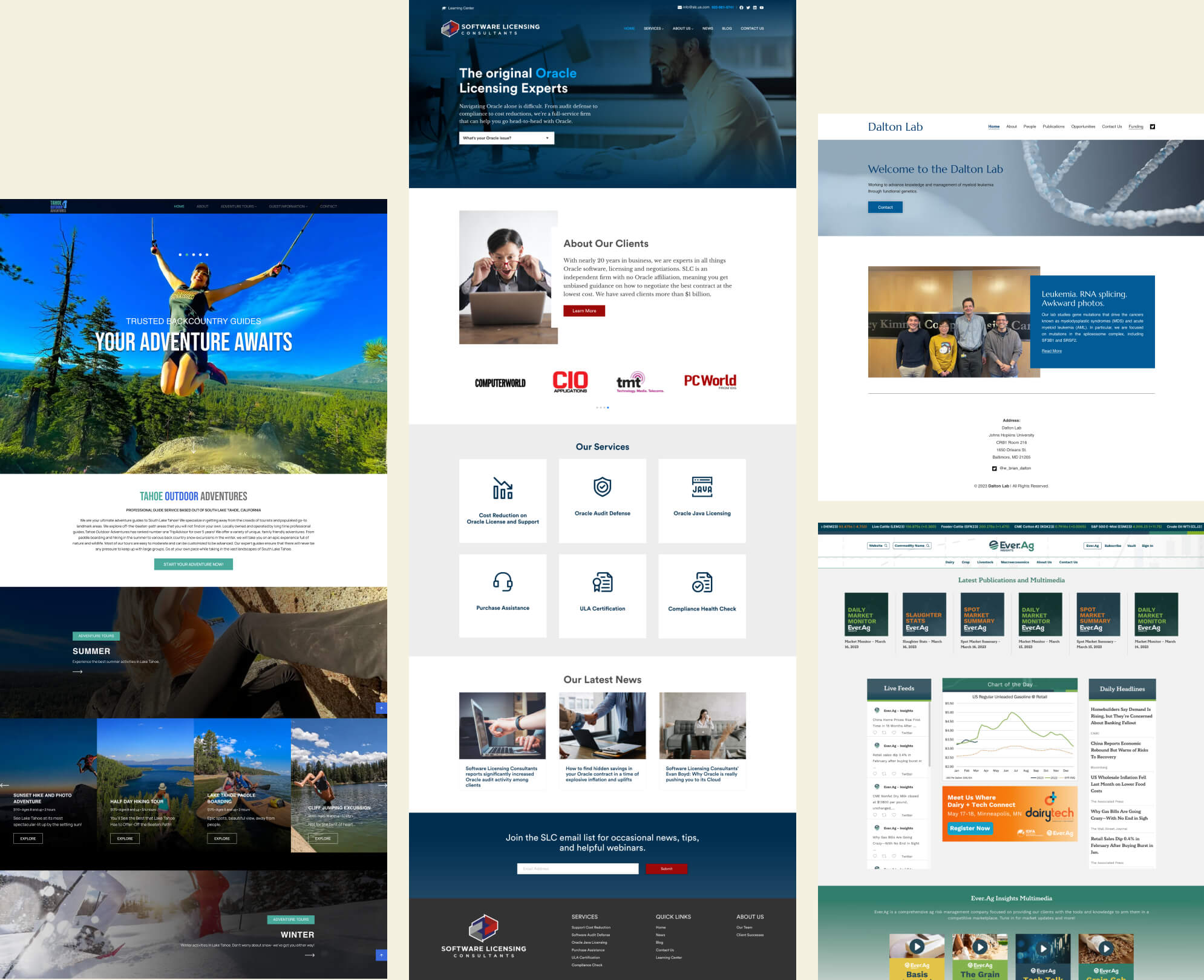
Shopify is a popular e-commerce platform that offers several advantages
Offering Shopify website management and development services can be a lucrative business, given the popularity of the platform and the continuous growth of e-commerce.
Website Development:
a. Custom Design: Offer custom Shopify theme development tailored to your clients' brand and requirements. This can involve creating unique designs or modifying existing themes.
b. E-commerce Setup: Configure product listings, categories, and payment gateways for clients.
c. App Integration: Assist clients in integrating third-party apps to enhance their store's functionality.
d. Responsive Design: Ensure that the website is mobile-friendly and works well on all devices.






